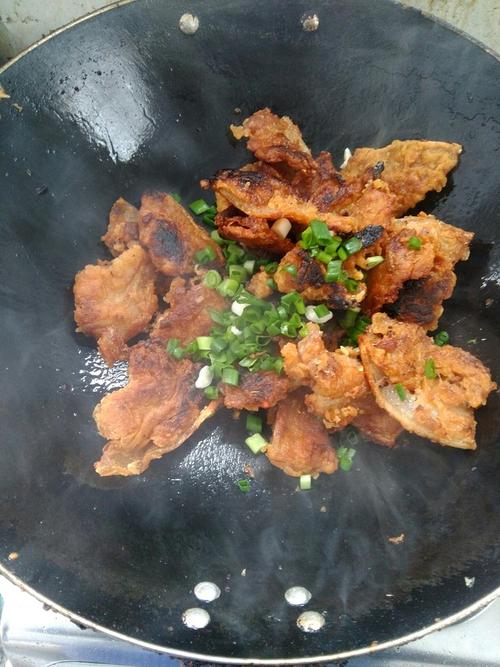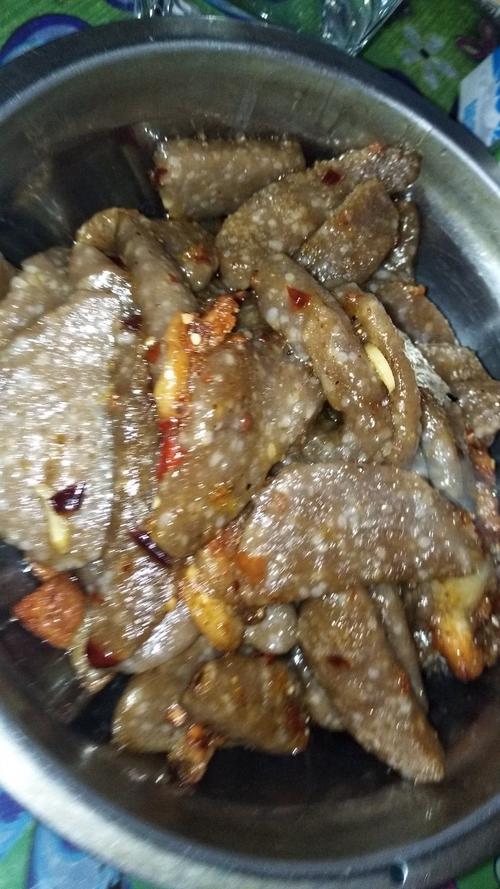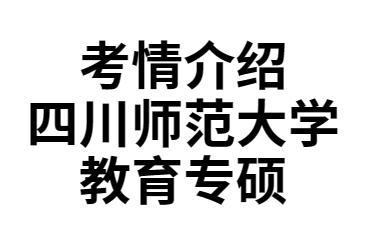
端午又称龙舟节,是中国传统的重要节日之一。以下是两首著名的端午古诗及其赏析和译文:
1.《端午》(唐代)- 杜甫
粽飘五香,香臊拂衣裳。
戏赛双溪鬬,轻舟独自凭。
高秋菊花发,白露梧桐凉。
已报东篱菊,先期北牖霜。
赏析:此诗通过描绘端午佳节中的民俗活动和秋天的景观,表现出作家的愁思。前四句写了人们包粽子、闻香味、划龙舟的欢乐场面;后四句则反映出作者对时光流逝的感慨和悲叹。其中,最有名的便是“已报东篱菊,先期北牖霜”这句话,将时节之变和物候之变巧妙地结合起来,寄托了诗人感伤时光易逝、生命无常的情怀。
译文:
A poem for the Duanwu Festival (by Du Fu, Tang Dynasty)
Aromatic rice dumplings drift in the air,
Their fragrance wafting on clothes and hair.
In boats we race and fight across the stream,
While I alone go with an idle dream.
Chrysanthemums bloom fully in high autumn,
The coolness of white dew on parasol tree leaves informs.
The east fence's chrysanthemums in full bloom report,
While the north window's frost came first to retort.
2.《节日即兴》(宋代)- 苏轼
小小饮食自难安,竞逐何人似穆欢。
腊味初销肠已断,糯米欲煮粽犹寒。
林花疑是尽墙根,千古龙钟到天坛。
应须游骑看军器,解赏今年五月端。
赏析:此诗是苏轼在端午佳节时所作,通过描绘困扰他的饮食和粽子问题,表达了他对过去辉煌历史和现实状况的思考和感慨。整首诗反映了作者在端午佳节中的一种孤独、落寞的心情,并略带自嘲,但其中也包含着对民俗文化和国家命运的某种憧憬和期待。
译文:
An Improvised Poem for the Festival (by Su Shi, Song Dynasty)
Even simple meals are hard to enjoy,
Competing for the honors like Mu Huan, oh boy!
The fragrant cured meats already disappeared,
While glutinous rice for zongzi is still cold and feared.
Flowers in the groves seem to wane and fade,
Yet the classic dragon-clock still sees daylight at Diantai, stayed.
One should go and see the weaponry on a galloping horse,
Appreciating this May's festival as one's only course.













